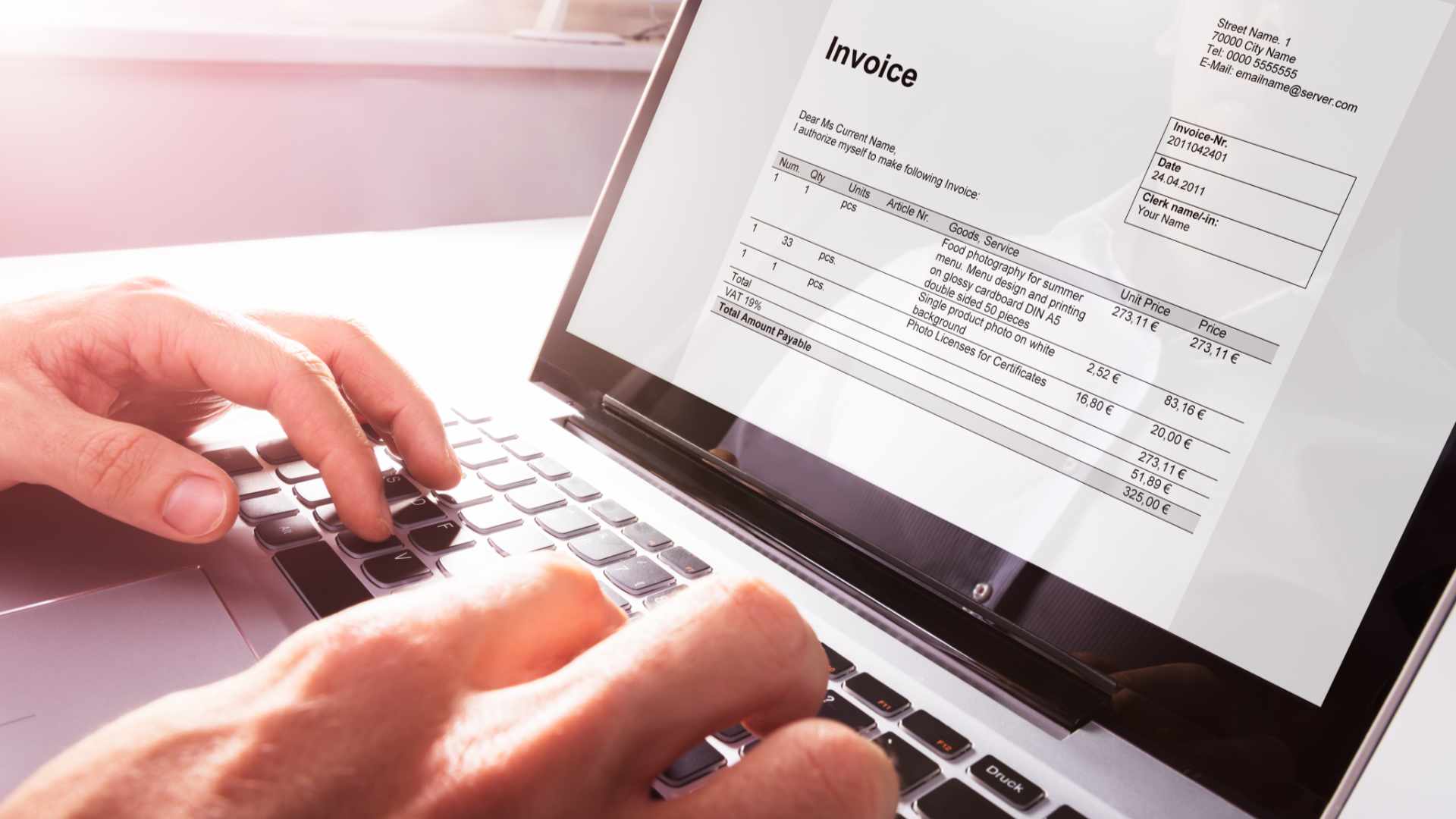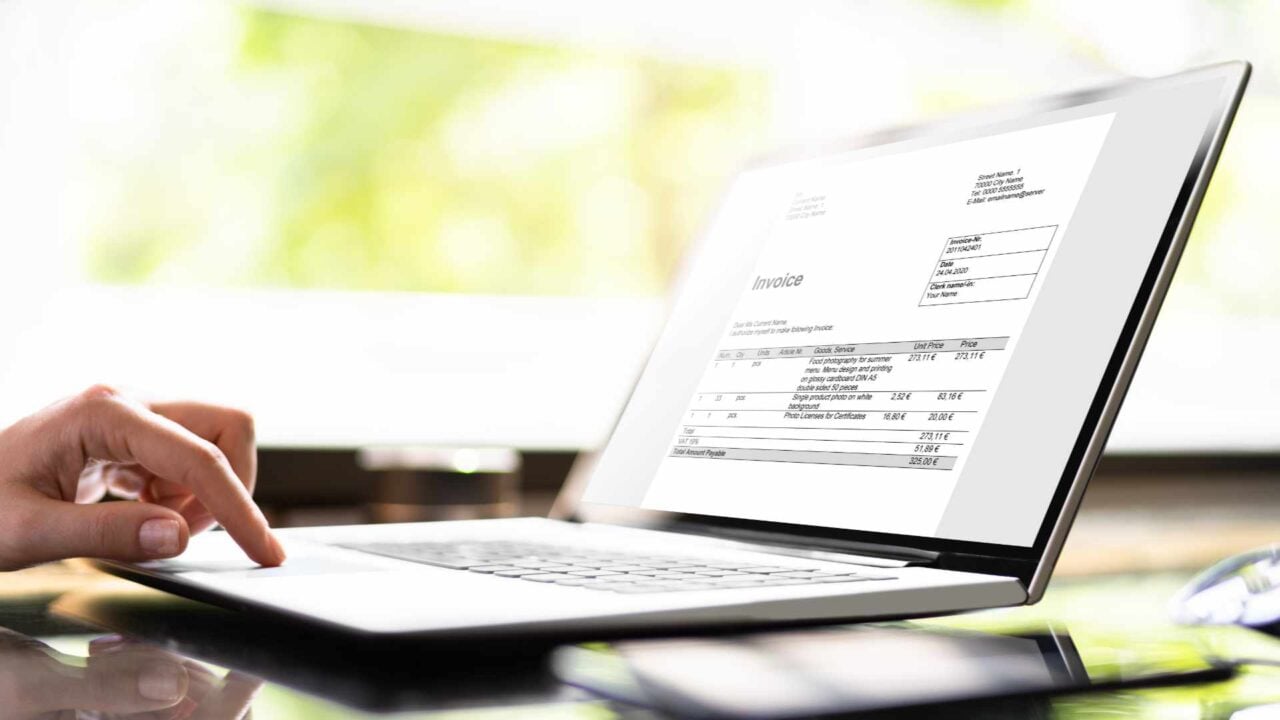On March 22, the German Bundesrat (Federal Council) approved the amended draft bill of the Growth Opportunities Act. This new set of laws lays the groundwork for the phased introduction of mandatory e-invoicing in Germany.
In the first phase, it will become obligatory for all businesses to have the capacity to receive B2B e-invoices as of January 2025 – as usual, this includes certain exceptions and grace periods:
- Starting January 1, 2025, receiving e-invoices in accordance with EN 16931 will become mandatory for all B2B transactions in Germany. The permitted formats are CII and UBL (XML), as well as Factur-X/ZUGFeRD (hybrid).
- Bills for less than €250 (§ 33 UStDV) and transport tickets (§ 34 UStDV) are exempt from the regulation. In addition, invoices issued to consumers (B2C) remain generally unaffected by the new regulations.
- Until December 31, 2026, companies will still be allowed to issue paper-based bills and invoices which are not compliant with XRechnung, the German XML-based invoicing standard for the public sector. Paper-based invoices will no longer be given primacy. And already during this transition period, invoices in other electronic formats such as PDF will only be permissible if the recipient of the invoice has given their express consent.
- For an additional year, until December 31, 2027, the interim requirements will still apply for invoices issued by companies with less than €800,000 annual turnover (i.e. even lower than the EU’s definition for Micro businesses).
- Likewise, existing EDI connections which are not compliant with EN-16931 will be permitted to continue exchanging invoices until the end of 2027.
The German Minister of Finance will be delighted. The EU commission and Federal Finance Ministry (BMF) estimate that the introduction of mandatory e-invoicing will gradually boost tax revenues by well over 10 billion euros per annum.
This opens up the opportunity for the national revenue service to review VAT deductions immediately, which should cause VAT fraud and other unlawful tax evasion practices to dry up in only a few years, the German E-invoicing Alliance (VeR) explained in a recent statement. According to the VeR, the introduction of mandatory invoicing will also serve to accelerate the digital transformation of the business processes in question significantly.
Is your business impacted by these new regulations? Retarus assists companies in implementing all necessary measures. Find out more about Retarus’ E-invoicing solution on our website or directly from your local Retarus representative.



